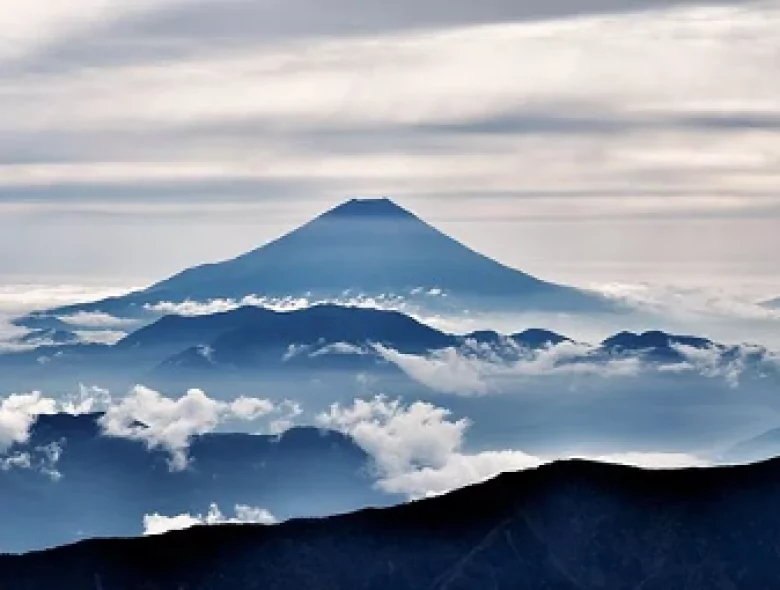Every country has its own holidays and celebrations, and Japan is no different. Check out our article about popular Japanese holidays.
Every country has its own holidays and celebrations and Japan is no different. The country has a long history and still celebrates moments that hold special social and cultural significance. Celebrations are usually large affairs accompanied by spectacles and events. But some are held as days of remembrance and are meant to be celebrated at home or as a simple day off. In this article, we will take a look at a few of the top holidays in Japan and how they are celebrated.

Golden Week
This is the biggest holiday of the Japanese year and consists of four holidays in consecutive order. The holidays are Showa Day, Constitutional Memorial Day, Greenery Day, and Children’s Day.
Showa Day – A holiday that honors the memory of Emperor Showa. It is meant to be a day of remembrance Hirohito’s reign and the day that leaders of WWII Japan were condemned. It is held on April 29th.
Constitutional Memorial Day – The holiday is on May 3rd and is celebrated every year as part of Golden Week. It celebrates when Japan completed, and enacted, its new constitution in 1947.
Greenery Day – As the name implies, it is meant as a day to observe and enjoy nature. It was meant to be a holiday that celebrated Hirohito from the war times, but they didn’t want to reference his name directly. It is instead named for his love of flowers and nature. This holiday is on May 4th.
Children’s Day – It is on May 5th and is the last holiday of Golden Week. It is a day that is set aside to appreciate children’s personalities and happiness. The common tradition is to hang koinobori, which are windsocks that are made to look like carp. The string them up on flag poles and each fish is meant to represent a member of the family. The largest represents the father, next is the mother, and then the children in order from oldest to youngest.

New Year’s
This is Japan’s biggest holiday of the year. It is seen as a way to cleanse yourself of all of the negative energy and bad things that happened in the previous year and start anew. The temples are flooded with people trying to get their fortunes told and to get their last prayers of the year.
There are foods and celebrations held all over Japan on New Year’s Eve. There are special dishes that you are supposed to eat for good luck, long life, and other qualities of life. These foods are referred to as osechi, and they are all delicious to have on and before the new year.
The culmination of New Year’s Eve is the ringing of the bells at the temple to ring in the new year. After that, it is customary for people to stay up and watch the first sunrise of the year together.

Coming of Age Ceremony
This ceremony is meant to celebrate children becoming adults in Japan. Every person turning 20 years old will have a coronation ceremony that has the women dressing in special kimono and the men also wearing kimono or suits. It is held on the second Monday in January, and there are parties for everyone involved. Don’t be surprised if your local restaurants become filled with people celebrating becoming adults.

Emperor’s Birthday
This holiday changes with each new emperor. On this day, the imperial palace is open to the public and the emperor greets the people. There are no large festivities and it is seen as a nice day off for the working class. It is a televised event that most people will take time to observe during the day.

Vernal Equinox Day
This holiday celebrates the changing of the seasons as the days become longer. It has a seven-day celebration called Shunbun no Hi, and it changes every year due to astronomical changes. It is meant to celebrate the return of spring after winter. Most people use this time to have family gatherings, visit the graves of loved ones, and leave offerings at gravesites and shrines. Farmers use this time to pray for a good harvest and healthy stock.

Mountain Day
This holiday is held every August 11th and is meant to give people the chance to enjoy the natural wonder of the mountains in Japan. It viewed as a nice day off for people to enjoy nature and the mountains’ blessings.
These were only a few holidays that are celebrated in Japan today. There are many other holidays to see, and they all have their own special significance and associated traditions. You can also find many special holidays in some towns and areas that are not as well known. It is a wonderful way to learn about Japan’s history.



